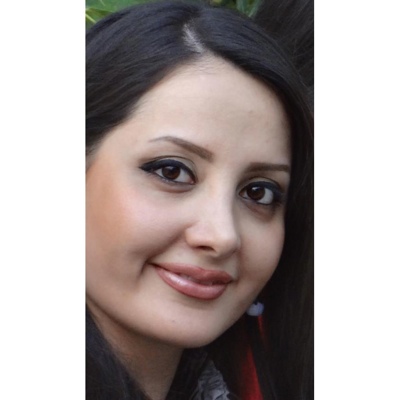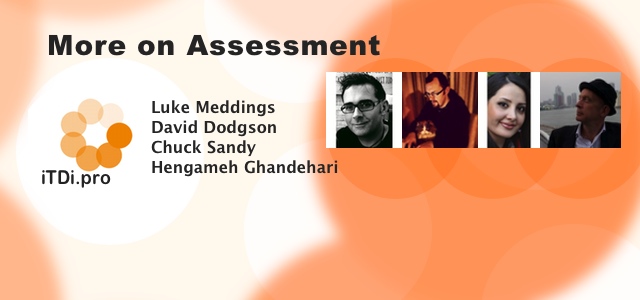
How Do You Honor the Process of Learning?
– Hengameh Ghandehari
Assessment is one of the most valuable sources of information about what is happening in a learning environment. Move beyond the attitude of using assessments to courier the end of an instructional zone. Let assessment discover new paths for exploration—for you and your pupils. Assessments are most useful when they focus on informing instruction, not marks. Involve your students in the process. Apply assessments as motivational tools, not confidence crushers. Clearly define the learning objectives… This is a snapshot of the chats surrounding today’s role of classroom assessments. What does assessment mean to you?
Roughly put, learning is just a growth in awareness. The transition from not knowing to knowing is part of it, but that’s indeed too naïve, because it misses nearly all the degrees of knowing and not knowing. One can hardly ever truly understand something any more than a shrub can stay trimmed. There’s always growth or decay, changing contexts or conditions: Understanding is the same way. It is not smooth.
Yes, this sounds silly and esoteric, but think about it. While pieces of information may not change, the context in which students use them do change, which in turn changes how we consider and use those pieces of information. In fact, so little of the learning process is unchanging. Even what we call facts like significant historical dates, labels for ethnic groups, causes and effects of cultural movements, all change endlessly, if not in form (how they’re discussed), then in meaning and connotation (what we think of them).
In the last decade, engineering, religion, media, literacy, human rights, geography, technology, science, and so on all have changed considerably both in form and connotation, with changes in one (i.e., technology) changing how we think of another (i.e., design), and thus changing how students use this skill or understanding and changing how we, as teachers, “teach it.”
However,the implications of awareness reach even farther than that. It is more than merely understanding or not as grasping the changing contexts for that understanding. It is also about becoming more aware of one’s own degree of knowing and not knowing.
But learning is as much about knowing what you do not know as it is about proving what you do. Assessment can offer an estimate of how much and how deeply a student understands, but that’s all it is – a guess based on a given assessment form, a quick snapshot of student understanding at any given moment, marred by reading level, academic vocabulary, student self-efficacy, the wording of the question, or even his or her mood that morning.
Since the above may sound like doubletalk for most teachers, here are my five precooked ideas for putting all this theory into practice.
1. Use Learning Taxonomies
Pursue various resources to guide your instructional design. This should include assessment. Move beyond “pass or fail,” or even “A-F,” to “can define and apply, but has trouble analyzing.”
2. Use Concept Maps
Have students map, chart, diagram or otherwise visually represent their own learning lanes and changes in their own understanding. Find ways for them to express what they do and don’t understand, where they started, where they are, and where they might be going.
3. Use a Variety of Assessment Forms
If this is the only way you personalize learning, give it a shot. Assess student performance, writing, concept maps, drawings, interviews, projects, Facebook status or comments, or maybe quick Instagram videos followed by short written responses. You can even allow pupils to choose their own assessment form as you challenge them to prove not just if they have grasped it, but how.
4. Foster thinking aloud
Prime the pump by assigning students quick writing prompts about their own thinking. Model what metacognition looks, sounds, and/or feels like. Have students share their thinking. Allow them to express themselves and their thinking away from the pressure of the classroom and the expectations of verbal expressions. Add it to the rubrics.
5. Connect Students to Networks
Draw students’ attention to communities and resources that can help them move towards knowing and understanding. As they connect to networks, the learning process will plug them in, not just to one teacher, or 30 classmates, or 10 texts, but to something much larger and more able to interact with students freely.
How do you honor the process of learning? Share your thoughts and strategies in the comments section below.
Connect with Hengameh and iTDi Associates, Mentors, and Faculty by joining iTDi Community. Sign Up For A Free iTDi Account to create your profile and get immediate access to our social forums and trial lessons from our English For Teachers and Teacher Development courses.






